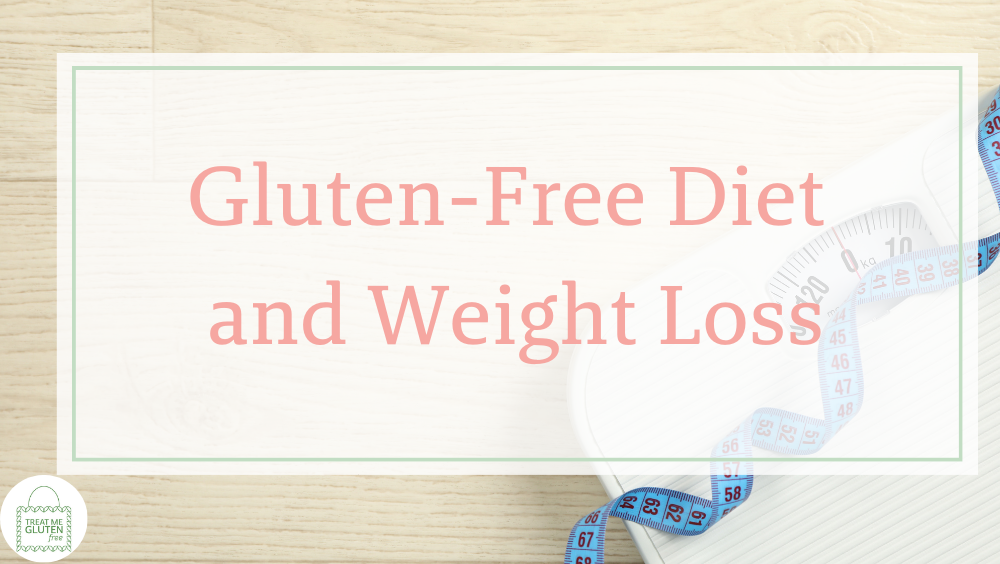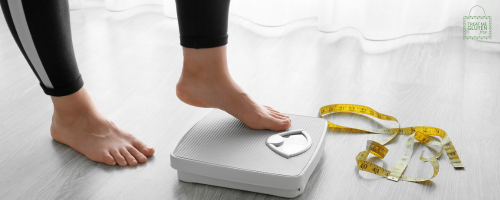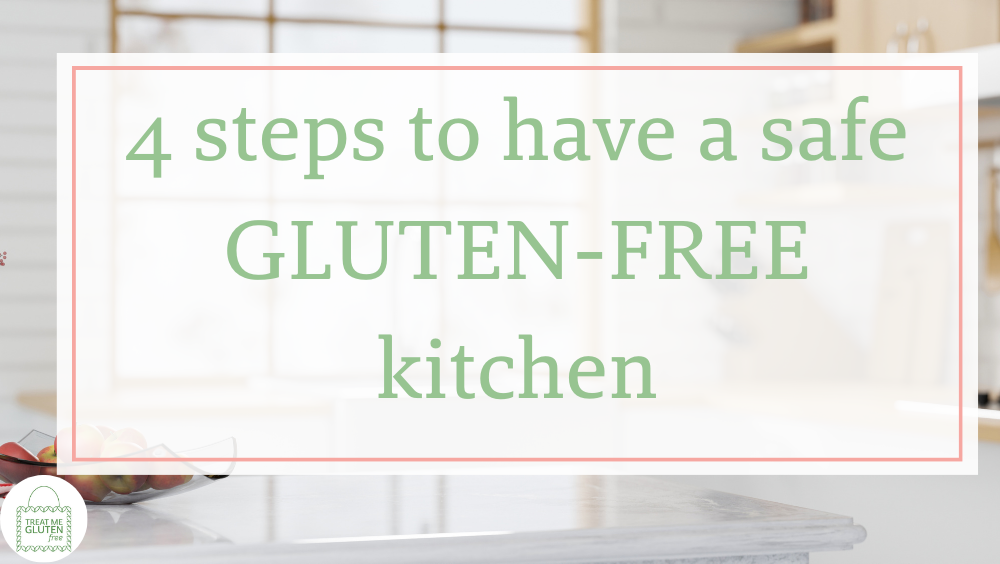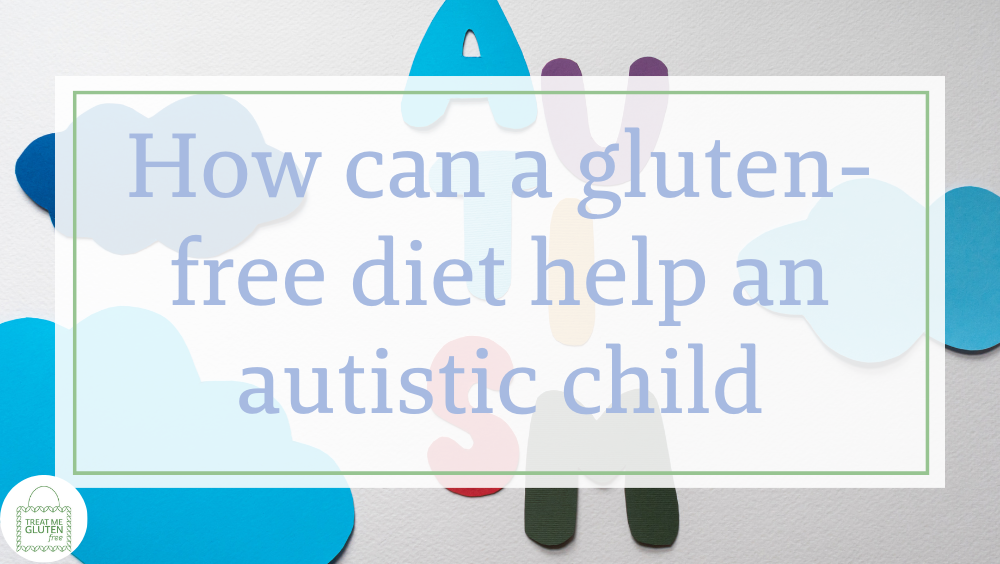The idea that a gluten-free diet can help with weight loss is one of the popular topics nowadays. Many incorrect assumptions and perceptions are spread around this topic. We will share the facts & myths about weight loss and the gluten-free diet.
THE FACTS
-
The gluten-free diet does not lead to weight loss
Some individuals will notice weight loss when on a gluten-free diet, but it has nothing to do with the lack of gluten in their food. What happens is they reduce the amount of processed food in their diet which leads to weight loss. Weight loss is all about eating fewer calories rather than having no gluten.
-
When following the gluten-free diet; you’ll start losing weight due to the reduction of gluten-containing food that is high in calories.
Many gluten-containing products such as breads, pasta, and baked goods are high in calories. When substituting these products with gluten-free options which are usually lower in calories, they start noticing weight loss. However; it’s not guaranteed for all who follow the gluten-free diet.
-
The gluten-free diet isn’t a healthy substitution for a well-balanced diet, which could lead to main nutrient deficiencies like fibers, vitamins, and minerals.
While the gluten-free diet is crucial to celiac patients and people who are gluten-intolerants; it’s important to make sure the diet is well-balanced and contains all the important nutrients. Gluten-free products usually lack fibers, vitamin B, iron, and other important nutrients that are in whole grains. Therefore; it’s necessary to include replacement sources in the gluten-free diet such as fruits and vegetables, legumes, and whole grains such as quinoa.
-
There’s no proof that gluten causes weight gain in people who don’t have gluten issues.
Gluten which is the protein found in wheat, barley, and rye, isn’t connected to weight gain in individuals who are not sensitive to gluten or are celiacs. Weight gaining is due to consuming extra calories that the body needs, whether it contains gluten or not.
THE MYTHS:
-
All gluten-free products are healthy and help lose weight.
Not all gluten-free products are healthy or help with weight loss, although there are many healthy gluten-free options. Many gluten-free products are highly processed and full of sugar and unhealthy fats. Make sure to read the labels, choose a whole food, and focus on the nutrients of a healthy diet rather than relying on gluten-free products.
-
If you eat gluten-free food, you’ll automatically lose weight.
When you swap gluten-containing products with gluten-free ones, that doesn’t mean you’ll lose weight. The most important thing is the follow a well-balanced diet that is high in nutrients while managing the portions and total calories.
-
A gluten-free diet prevents fat accumulation in the body.
Fat gain isn’t prevented when following a gluten-free diet. Weight management is ruled by multiple factors such as food intake, physical activity, and genetics. The gluten-free diet does not provide direct prevention of fat accumulation or help with weight loss.
In summary, understanding the facts and debunking the myths about the gluten-free diet is important. While the gluten-free diet is crucial to some individuals, it’s important to follow the diet while focusing on the overall nutritional balance and dietary needs.
Consult your healthcare professional or nutritionist before making major changes to your diet.







